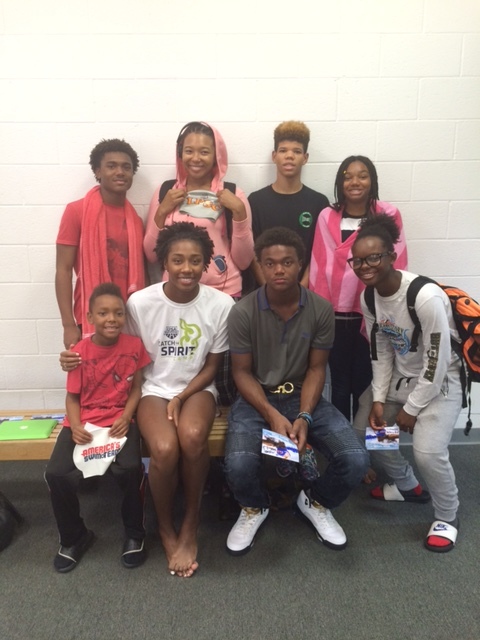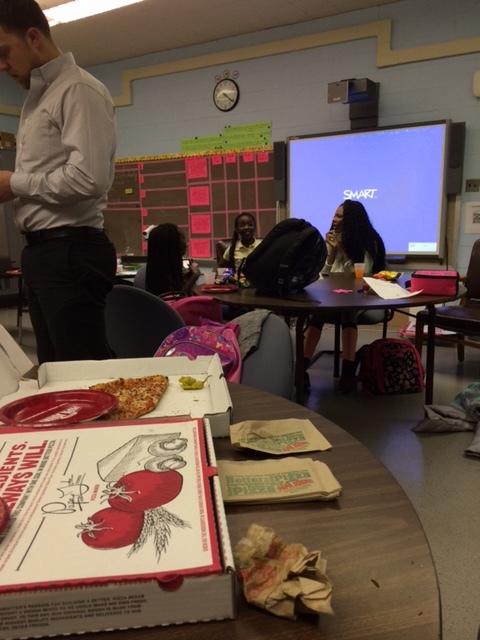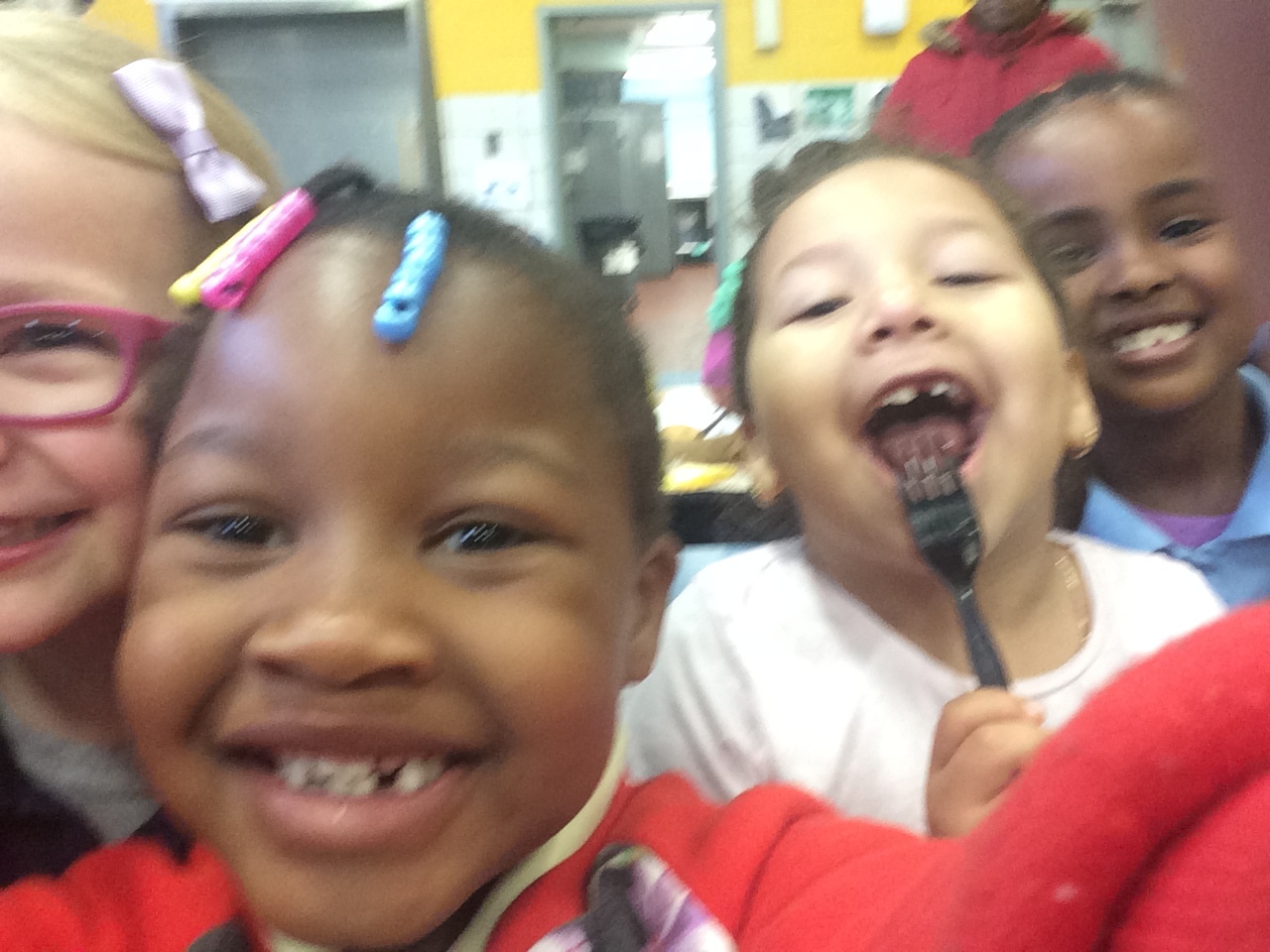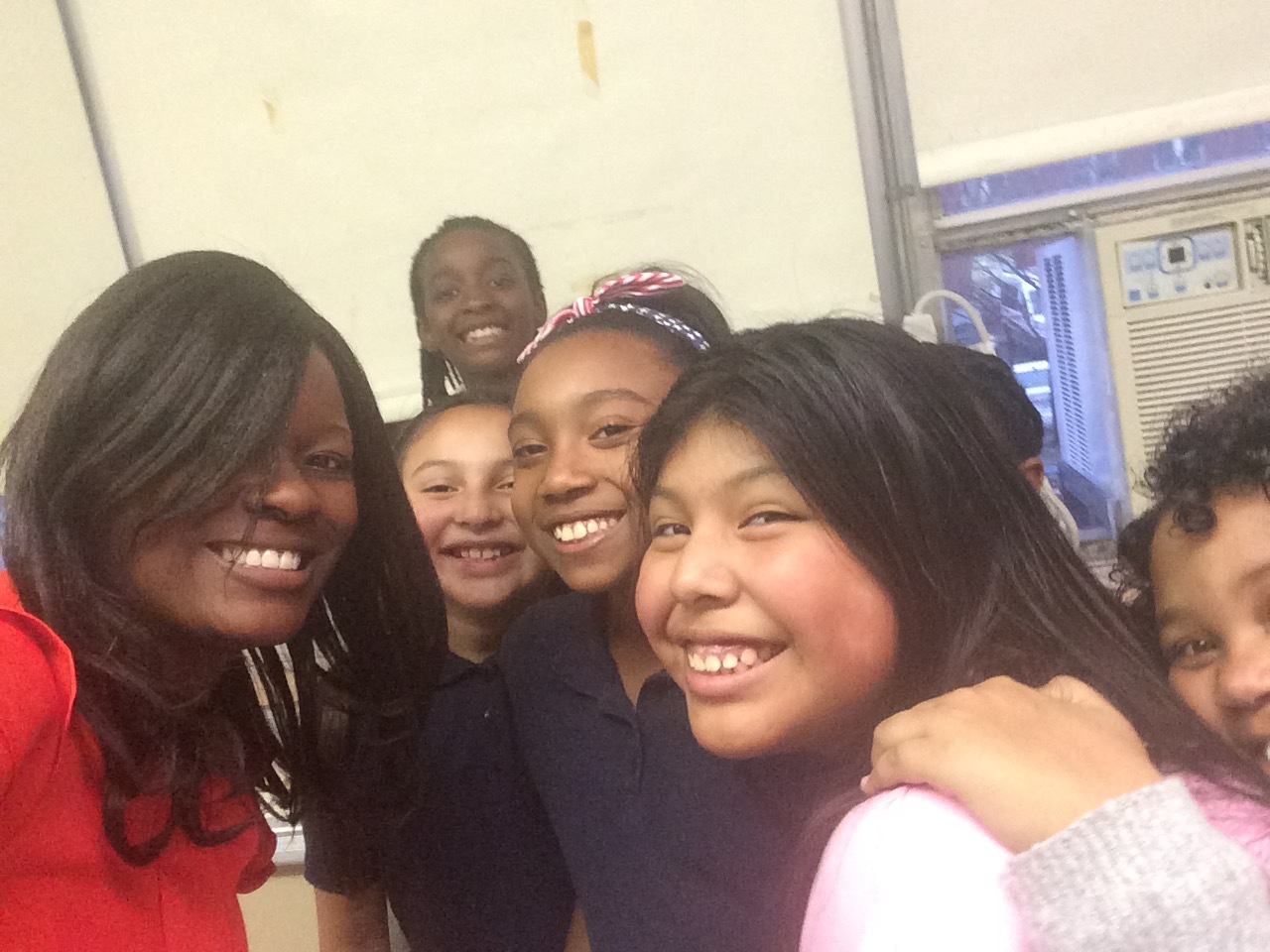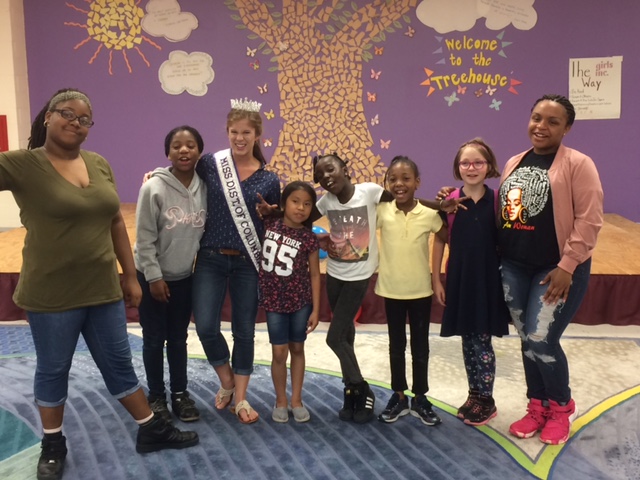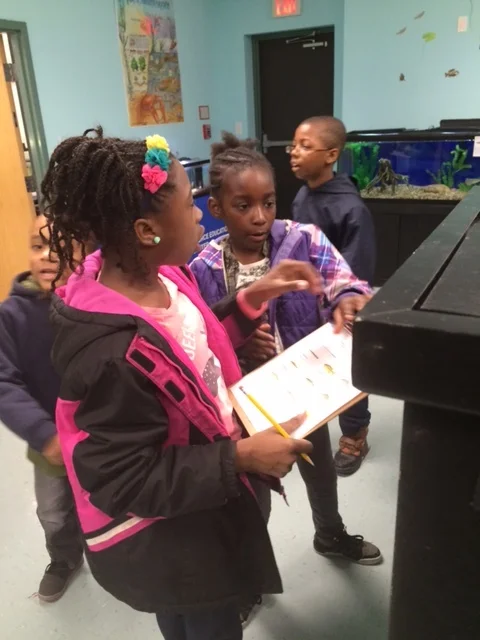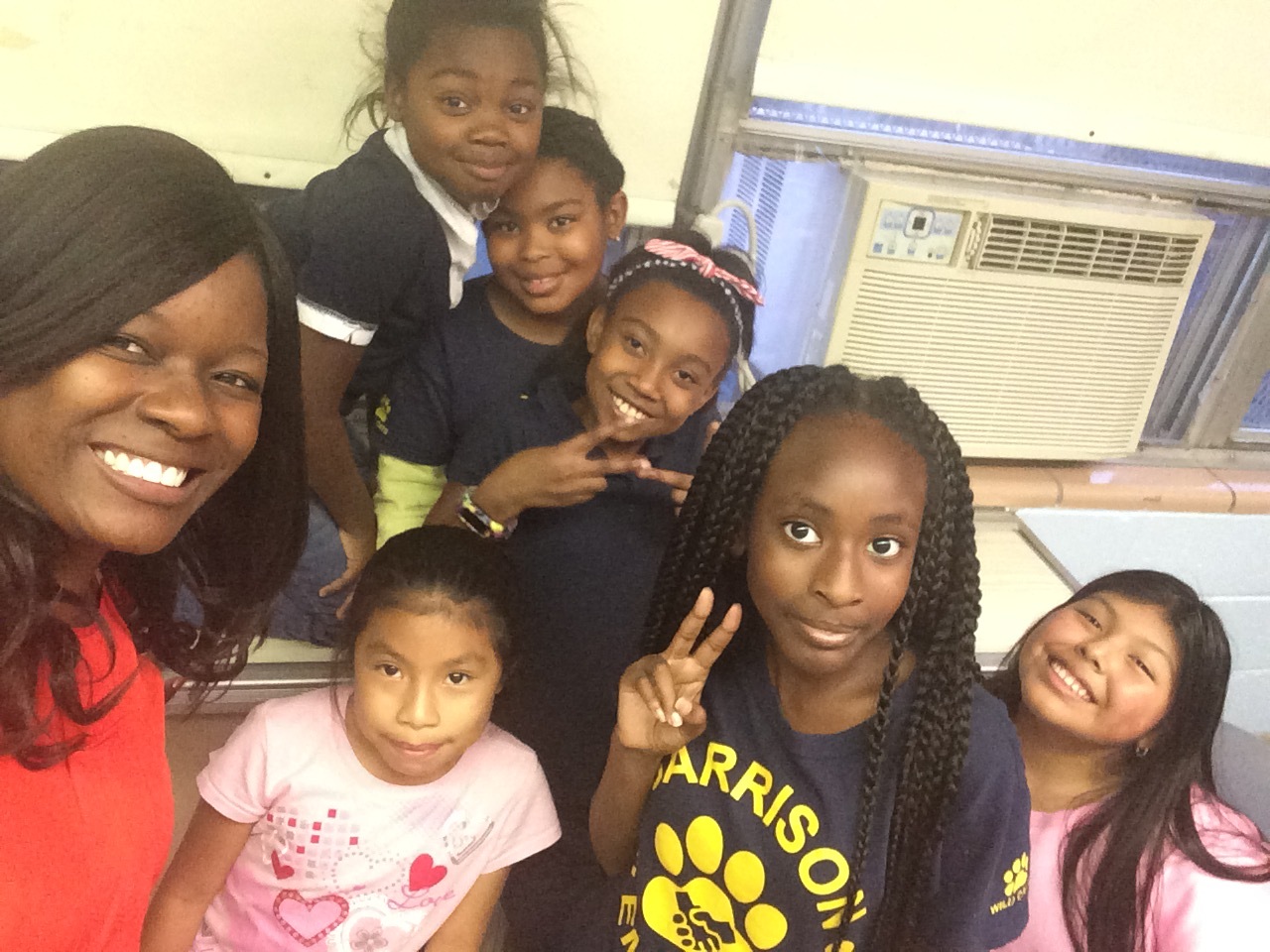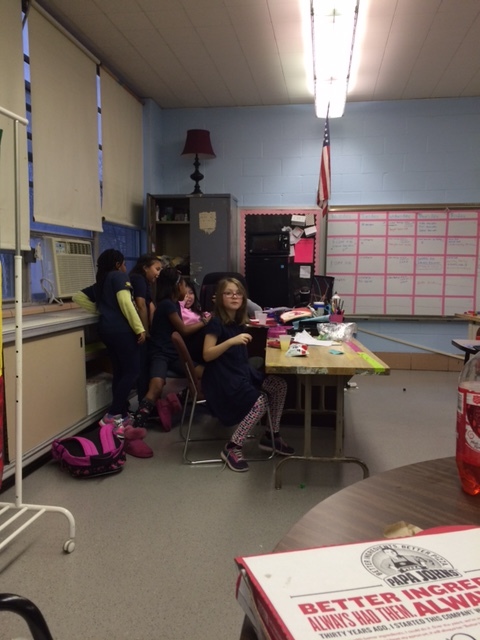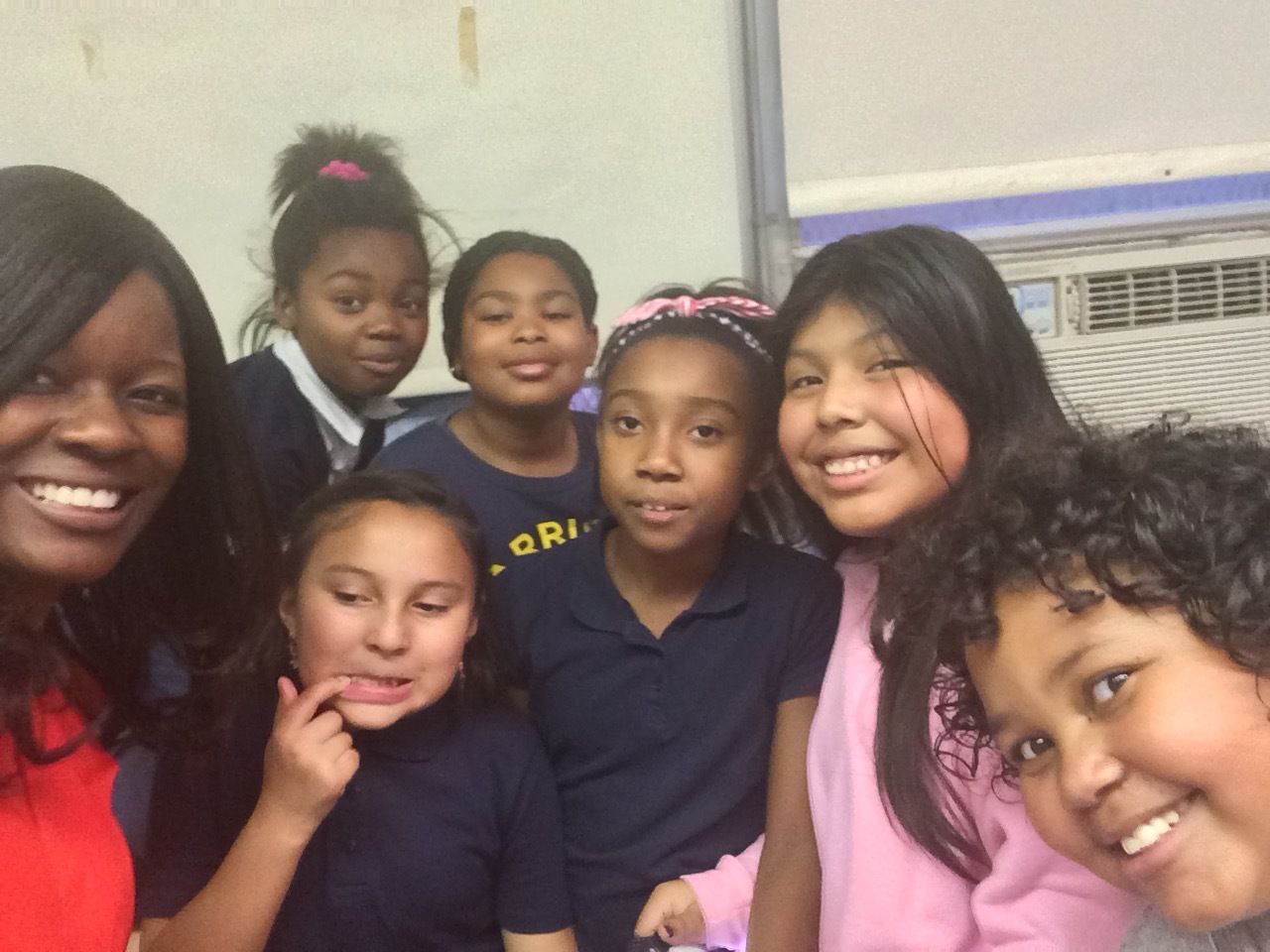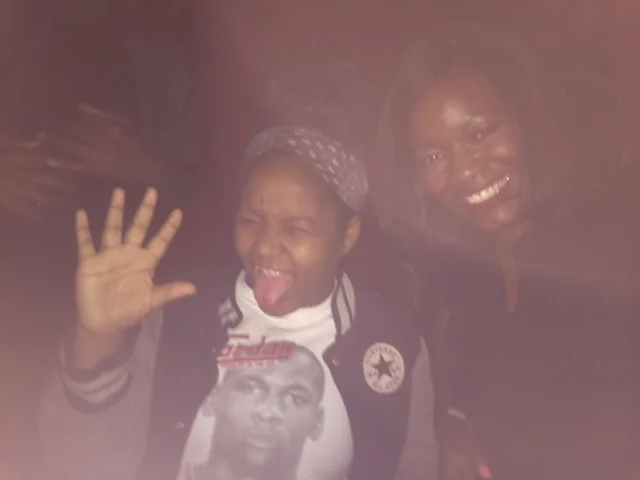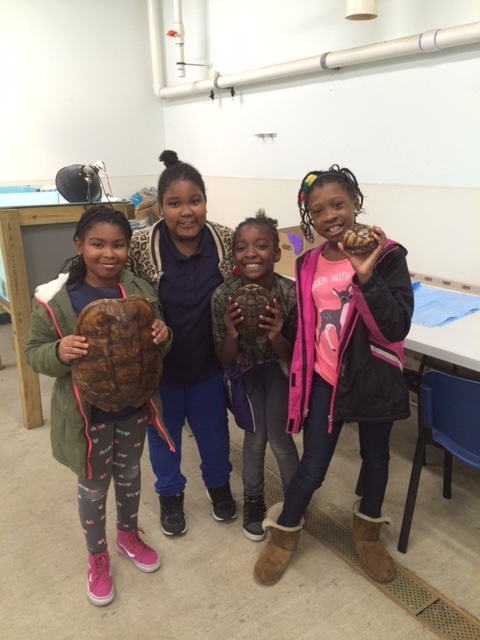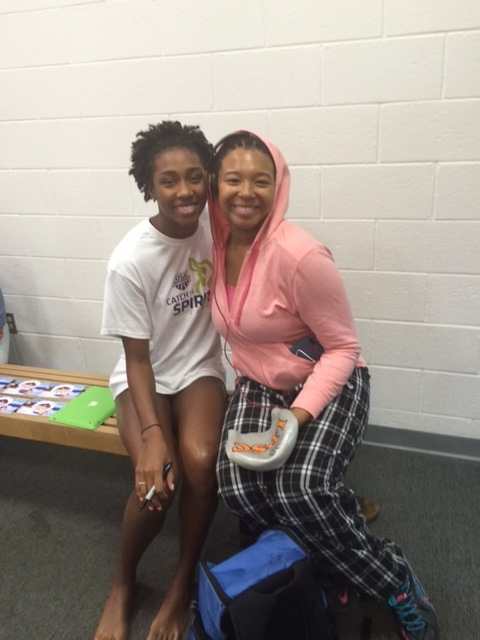Why Black Girls as Players and Gamers?
Historically, Black girls are imagined as ladies in training -- not as children. Prioritizing play and games is a corrective to a world where black girls are not imagined as girls. Also, creative play is innately subversive and seen as threatening in environments that prioritize obedience over growth and in educational paradigms that position the student as a necessarily productive role. Instead, play centers affect in an educational context that polices black children's affect. Remember: wellness for black subjects hinges on productivity, instead of a holistic interpretation of those subjects' quality of life.
The creation and the design of our game incorporates Black Feminist pedagogical strategies, critical play, and encourages girls’ development of self-reflection and socio-emotional well-being. Also, because games are meant to be shared -- within a family, a friendship group, or a class -- these strategies become part of a toolkit the black girl players can take back to their everyday lives. Finally, we want to design a portable and adaptable games-based pedagogy, in direct response to an industry that profits off of the branding of the organic creativity of children.
Critical Play? Why Not Critical Thinking??
Like critical thinking, critical play is a metacognitive concept centered on shared authority, collaborative learning, and student agency. What distinguishes critical play from a regular, everyday board game night is the questioning of the game’s mechanics, its social meanings, and its larger significance as a teaching and social tool through structured and directed conversation. Basically, the game mechanics are not the focus; these are prompts for larger conversations on creativity, process, design, and self.
Below is a series of images centering black women and civic engagement. We used these as discussion and creative prompts in our work with black girls, instead of the types of fantasy images associated with games like Dixit. Our goal was to center black girls' everyday engagement with politics as well as their growing ability to imagine political, social, and infrastructural alternatives to current political reality.
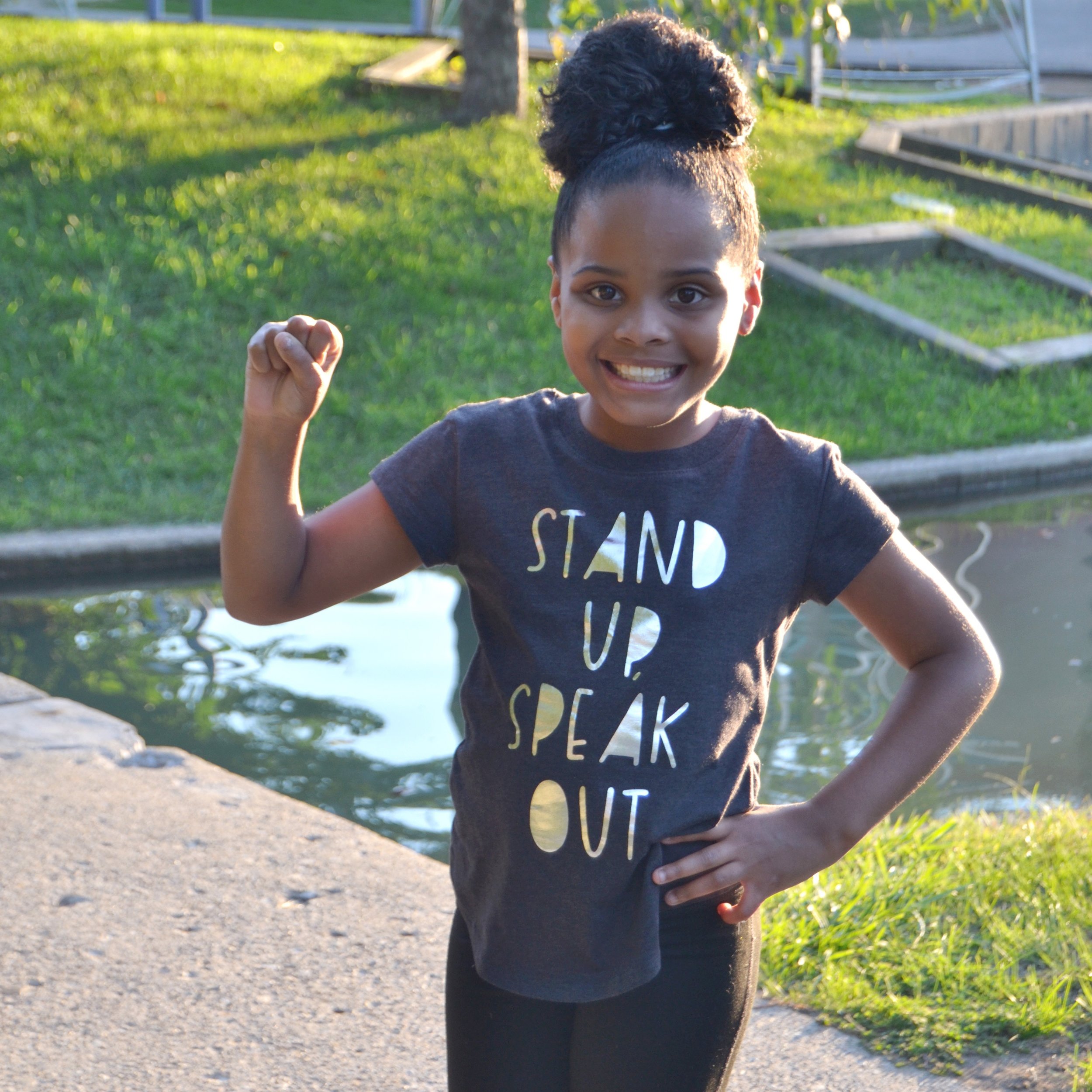
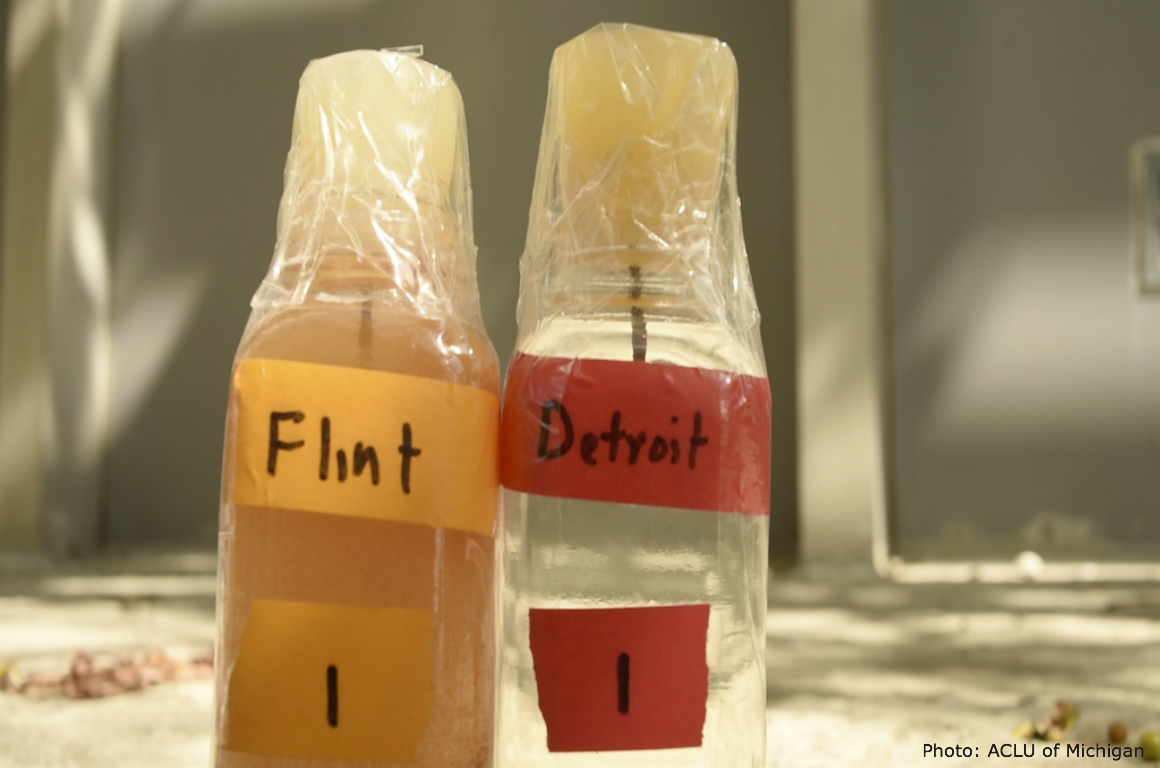
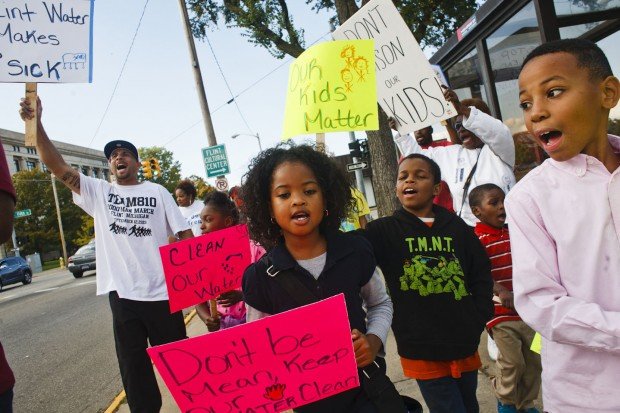





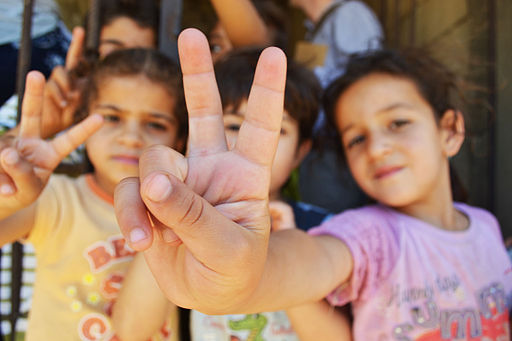

What About Rules?
Basically, the game mechanics are not the focus; these are prompts for larger conversations on creativity, process, design, and self. We are actually focusing on attention, self-esteem, self-regulation, delayed gratification, and goal-setting, treating them as a fundamentally active and deliberative process, with multiple layers, triggers, and sites of engagement.

